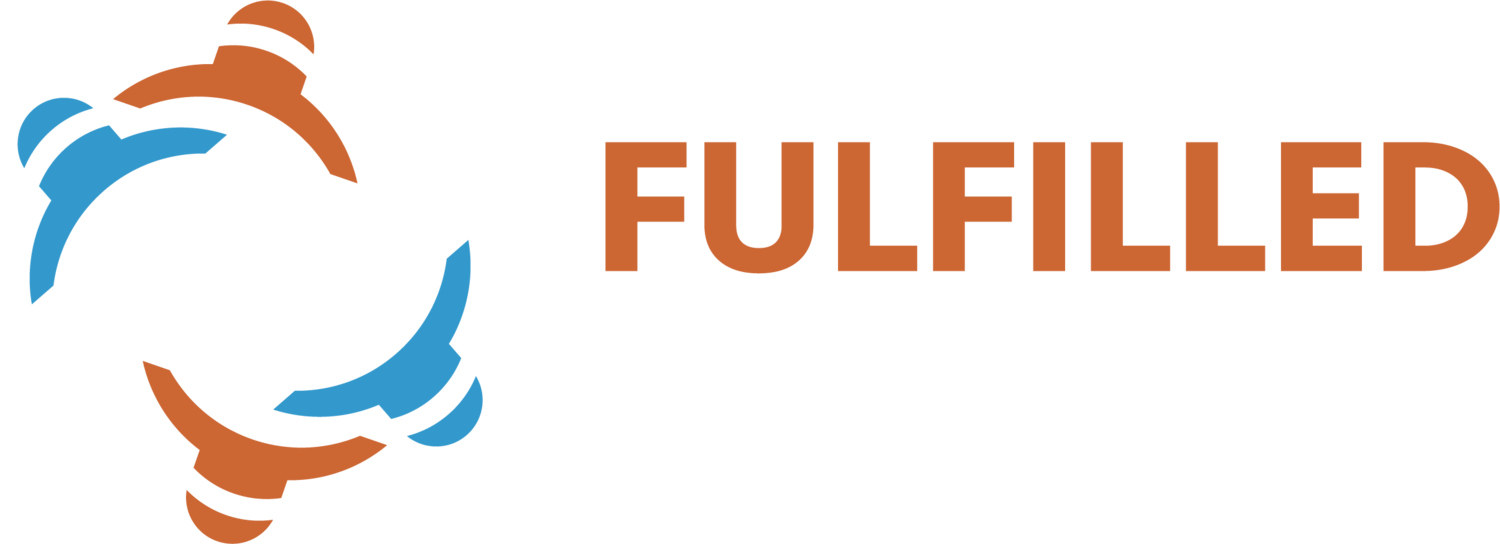The process of change in the heart of any man begins with humility and a willingness to seek help from others. It’s how we develop and mature in the process of reaching our full potential in all areas of life. Both elements are essential in this regard, however men will often shy away from them because they challenge what we’ve been taught about masculinity, either by our families or the broader culture (i.e., vulnerability is a form of weakness; men have to be strong, independent, emotionless and aggressive).
The Pitfall of Male Stereotypes
Unfortunately, these familial-cultural stereotypes have the opposite effect from which they were intended. Instead of helping men establish a true sense of strength and masculinity, they contribute to men being isolated, emotionally inept, and lost as they try to navigate life on their own. This is indeed concerning, even frightening, because it forces men into being a shell of who they really are, and ultimately prevents them from seeking the help they often desperately need.
This is never more true than in the realm of emotional processing. As a Marriage and Family Therapist, I’ve learned that men will carry deep emotion (i.e., hurt, anxiety, trauma, grief-loss, guilt, shame, disappointment and regret) over years of time, and manage to never say anything about it to anyone else. They don’t want to appear weak, lose face, or burden others with how they feel. It takes time for them to realize that by being open with others, they can actually grow in influence, build deeper relational connections, and allow themselves to heal emotionally.
Being Driven by Humility and Courage
Let’s be honest, true openness requires humility and courage. It’s not easy letting someone else know you need help because your marriage is failing, your business is struggling, you’re scared as hell, and have no clue how to change any of it for the better. However, letting someone know, facing the issue directly, and searching for solutions is far better than suppressing what you’re feeling, pretending everything is fine, and watching everything you love and care about suffer because you’ve chosen to remain silent.
As men, taking care of who we are emotionally isn’t optional. It’s essential, and wise, because it forces us to stop neglecting this central aspect of what it means to be human, and allows us to experience the freedom found in being emotionally whole. In the end, the more we invest in taking care of ourselves, the better positioned we are to invest in and steward all that we love and care about most in life.
Deciding Where to Reach Out
All of this naturally leads us to the question, “Who do I reach out to?” I’ll venture into my response by describing my own experience in reaching out to friends and seeking counseling. A little over ten years ago I was in a position of feeling alone, anxious and caught in the realm of depression. I was starting to venture into unhealthy behaviors and knew I needed to let someone other than my spouse know what was happening. I began to openly discuss all of this with certain family members and other men I had developed a close friendship with over time.
None of this was easy, and it definitely challenged my pride, but the effect was one of profound healing and freedom. Moreover, it created a context for me and other men to support each other in what life was throwing our way. Those relationship have been fortified as a result and continue to this day. I also recently decided to begin working with a counselor after concluding certain emotional issues needed to be addressed, and I wanted to reach a place of being emotionally whole.
What I’ve Learned by Being Open
I have no qualms in sharing these details, because I’ve learned that being open, even vulnerable is a key hallmark of being masculine, staying humble and developing as a man. My encouragement is for men reading this article to have the courage to take a similar step and begin taking care of who they are emotionally. For some, this may involve speaking with a trusted friend, family member or their spouse. Others may want to speak confidentially with a local counselor, life coach or pastor. Either way, be courageous and enjoy the benefits of taking care of yourself.
Eric Gomez,
Licensed Marriage & Family Therapist
Fulfilled Christian Counseling


